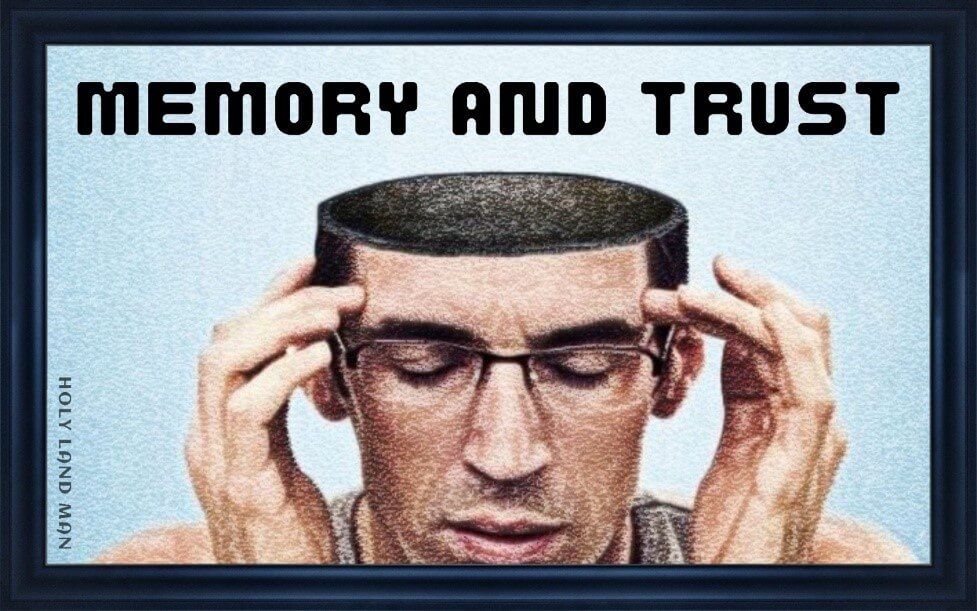Tradition, like all knowledge, is built on trust, a basic trust in one’s parents, one’s Biblical ancestors, as well as in one’s teachers. One ought to believe that these individuals related to our lives want only the best for us, and will not give us false information when we look to them for general instructions. It is true that they can always be wrong or misleading. But with such an attitude of basic suspicion at the outset, we can learn nothing from them or anyone else. Therefore the proper approach is to trust the tradition and accept it as the default basis of information in this case.
What emerges from this is that tradition is but an expression of two basic sources of information: memory and trust. And those who doubt them drop the ground out from under any possibility of knowing anything, in any field. Those who want to learn about the world must trust these sources and attribute them to these ideologies as an axiomatic theory. They are theories not because they are necessarily true, but because it is the default way of thinking. These theories are the best tools we have to sort out these ideas, and it is our only way to know and understand reality.
The existence of a tradition regarding the status of Mount Sinai is a fact. Therefore, our starting point and default should be the assumption that the revelation at Mount Sinai did occur. Many alternative theories can be suggested: Maybe the story was invented later, and perhaps someone forged the Torah, or perhaps it was aliens who were discovered on Mount Sinai, and so on. Anything is possible, but equal conspiracy theories can be raised about anything we know or remember from our past. There is no limit to the imaginative alternatives, but this uncertainty alone is not enough to reject tradition. Just as we will not take seriously those who claim “perhaps your parents are not really your parents” until they bring evidence to their words, similarly we have no reason to treat those who reject tradition in the name of a baseless hypothesis of any kind. The burden of proof, in this case, is not on the believer, but on the denier.
Let us now turn to the second pillar. Is it rational to also believe in a tradition that describes supernatural events such as miracles?








